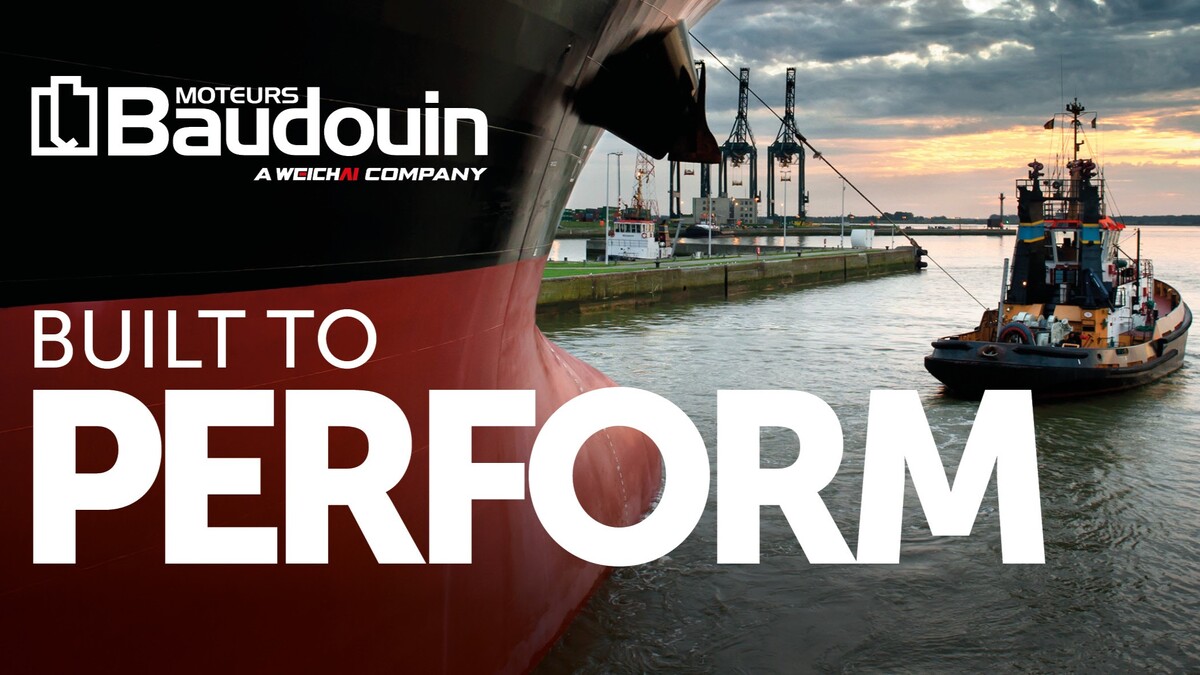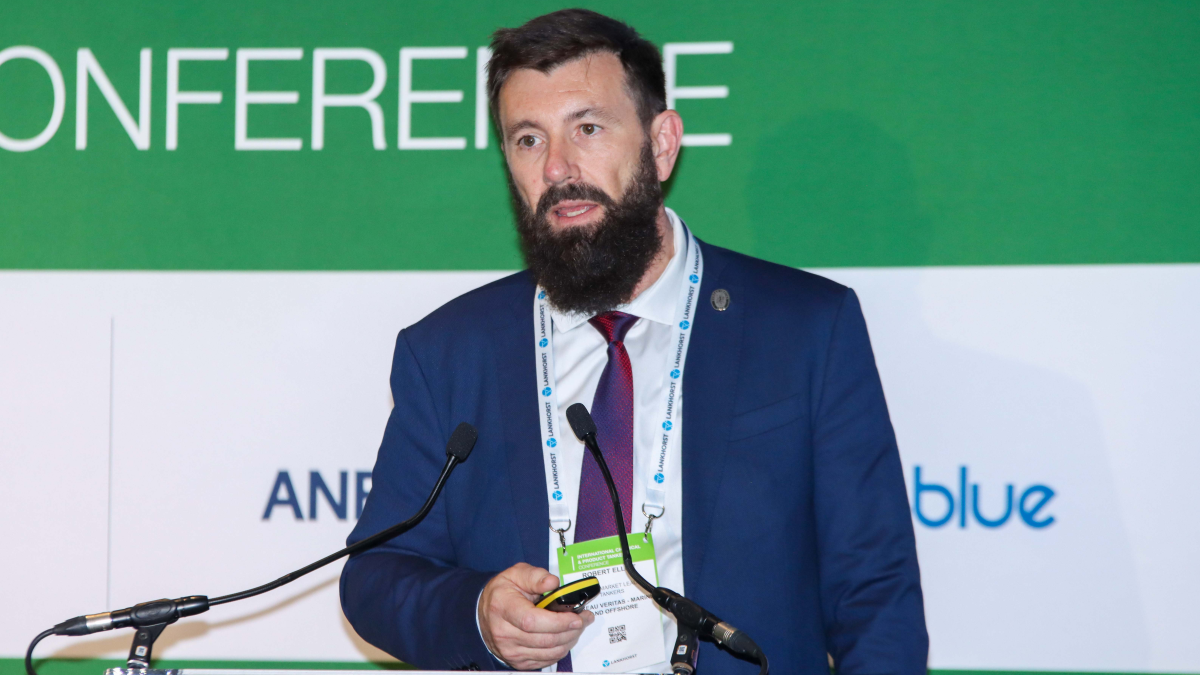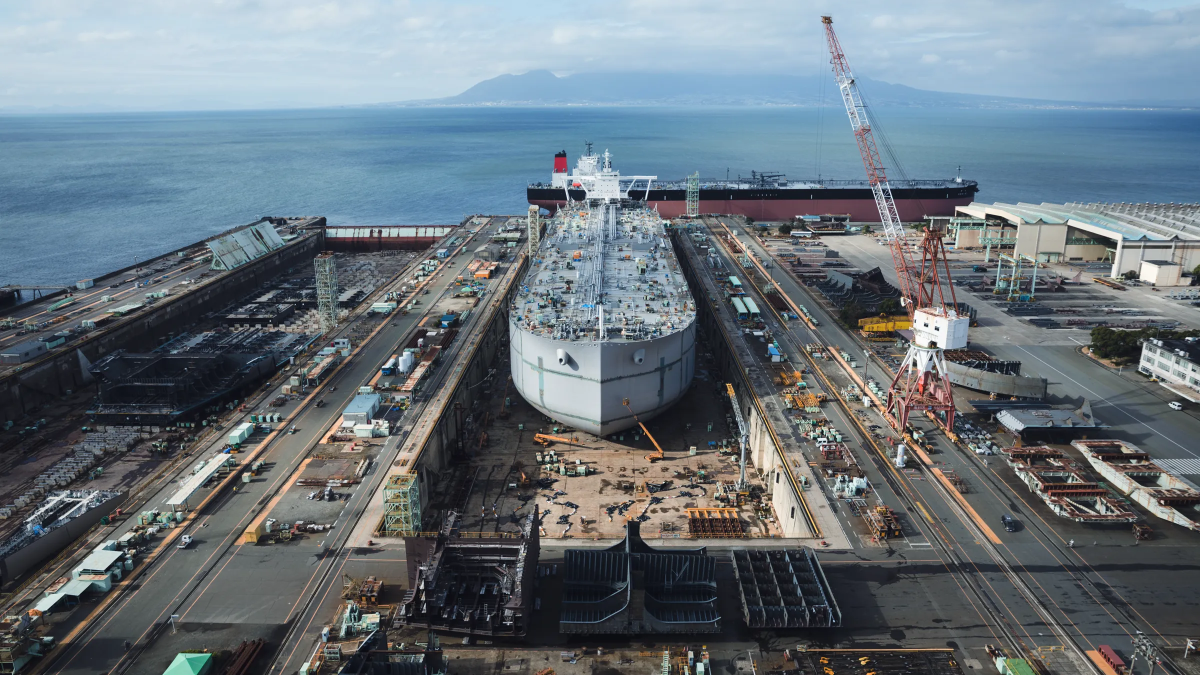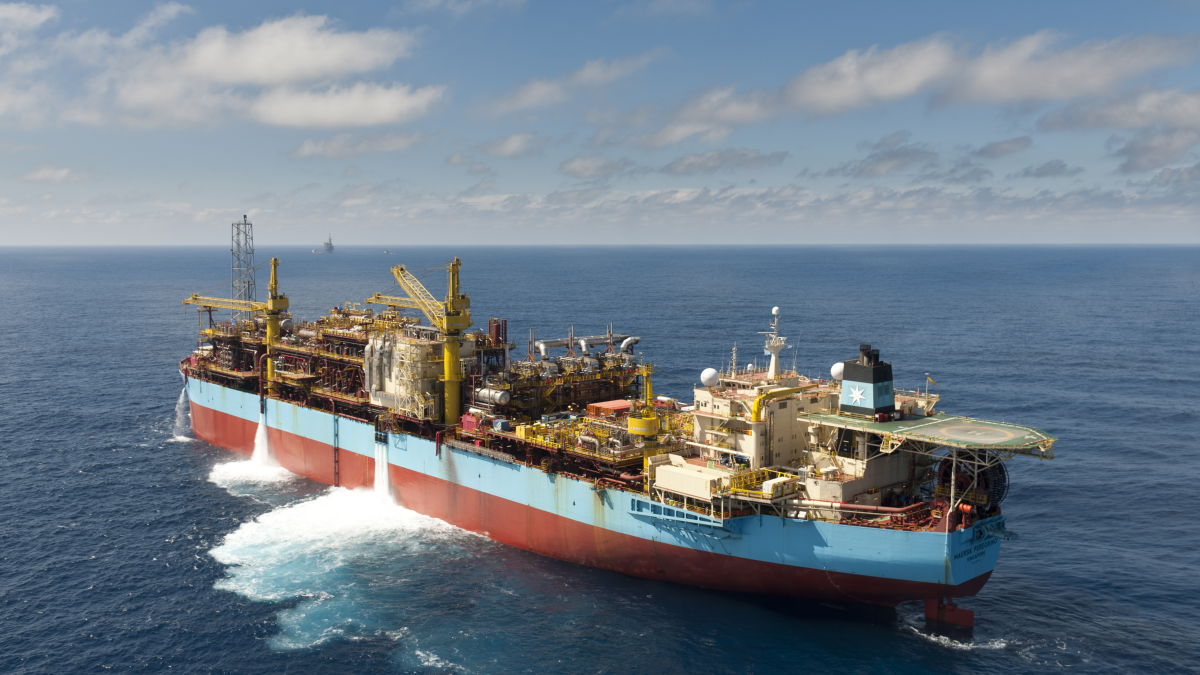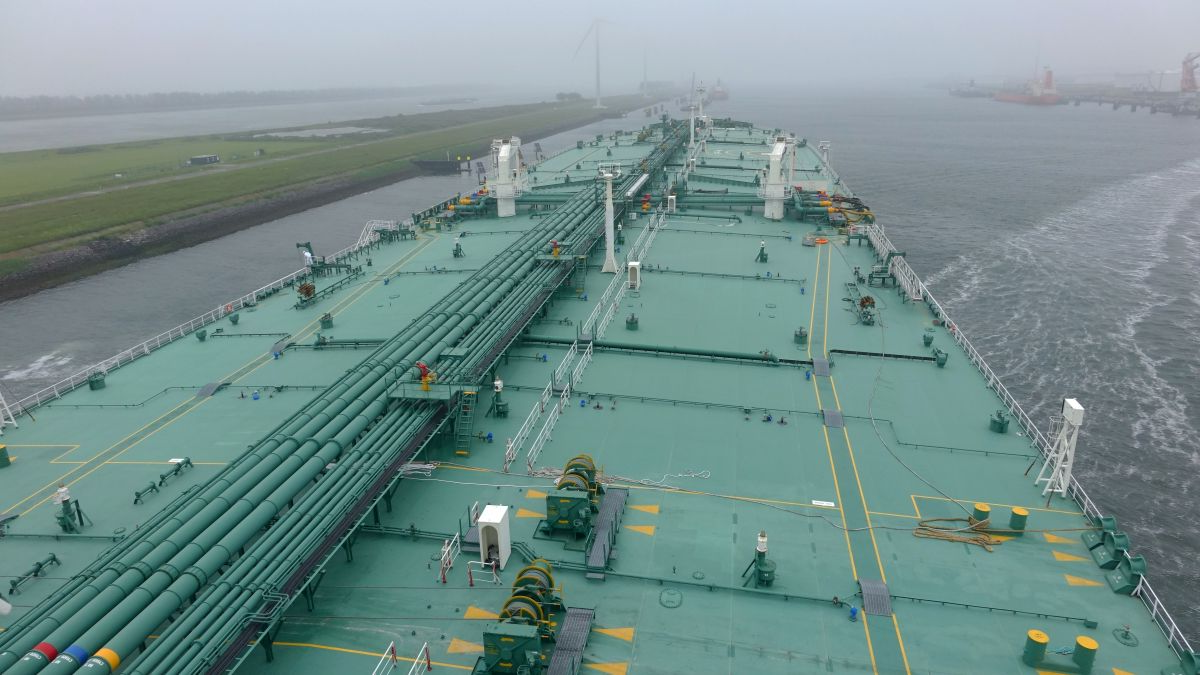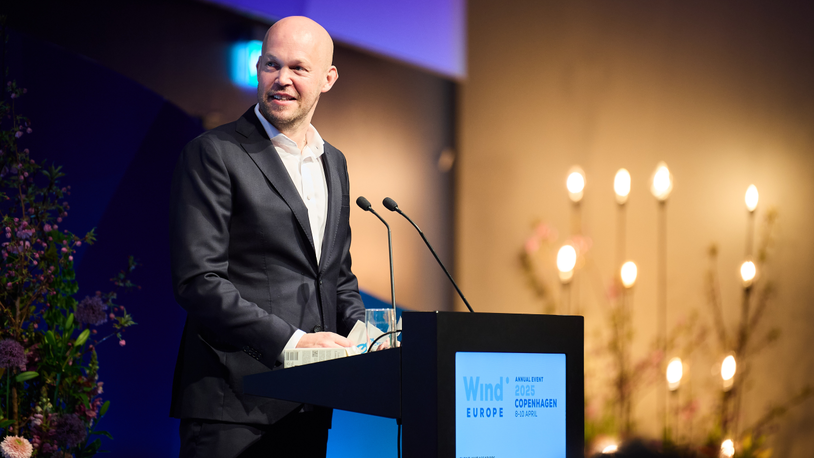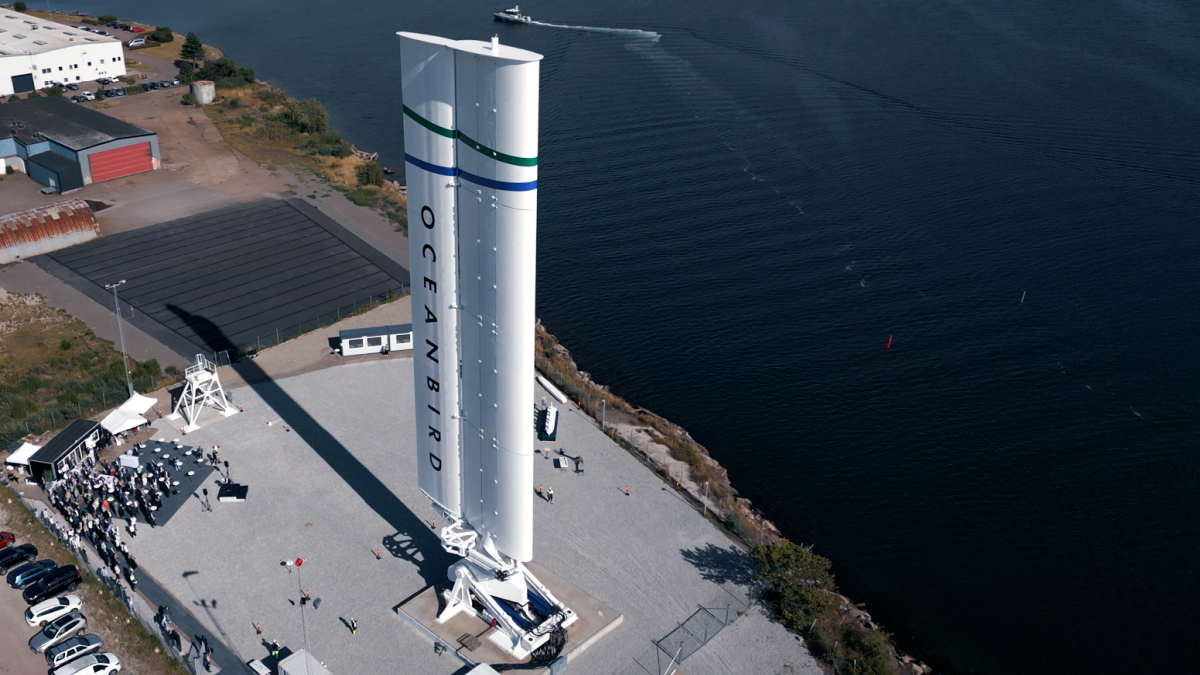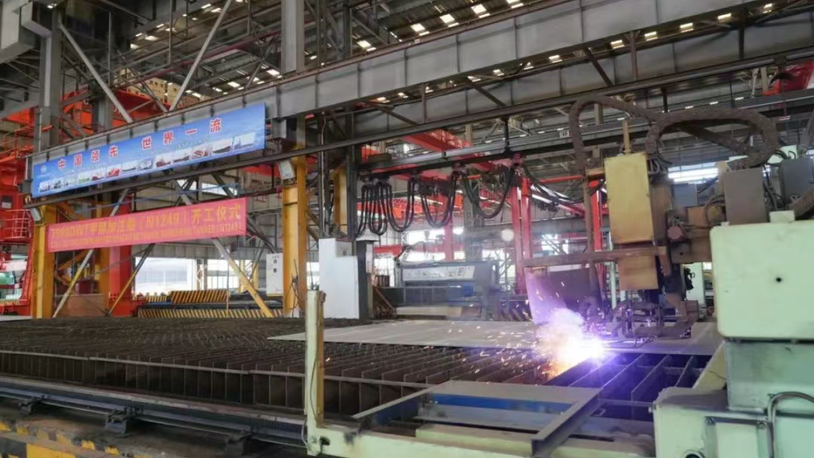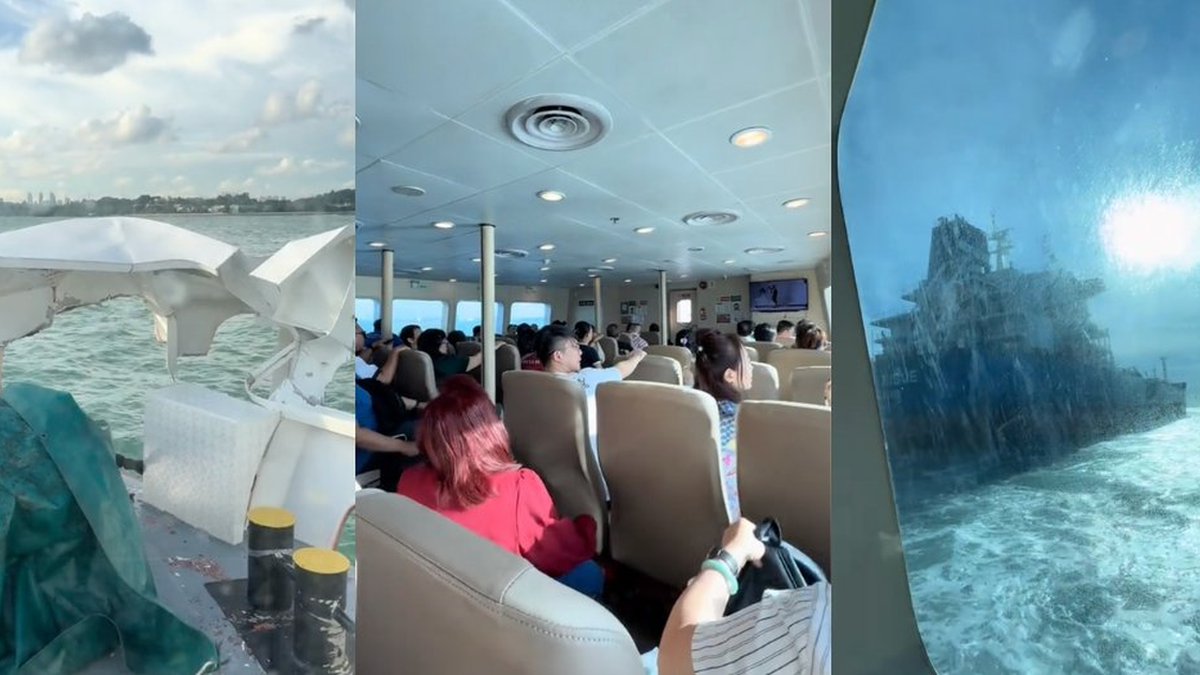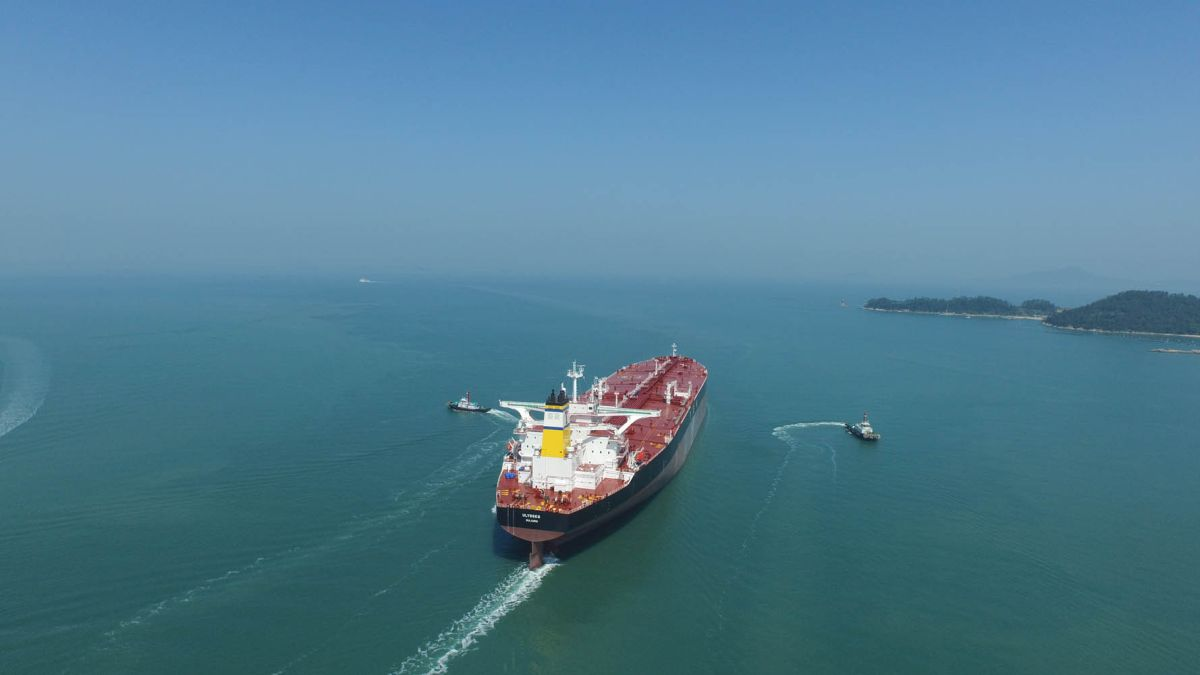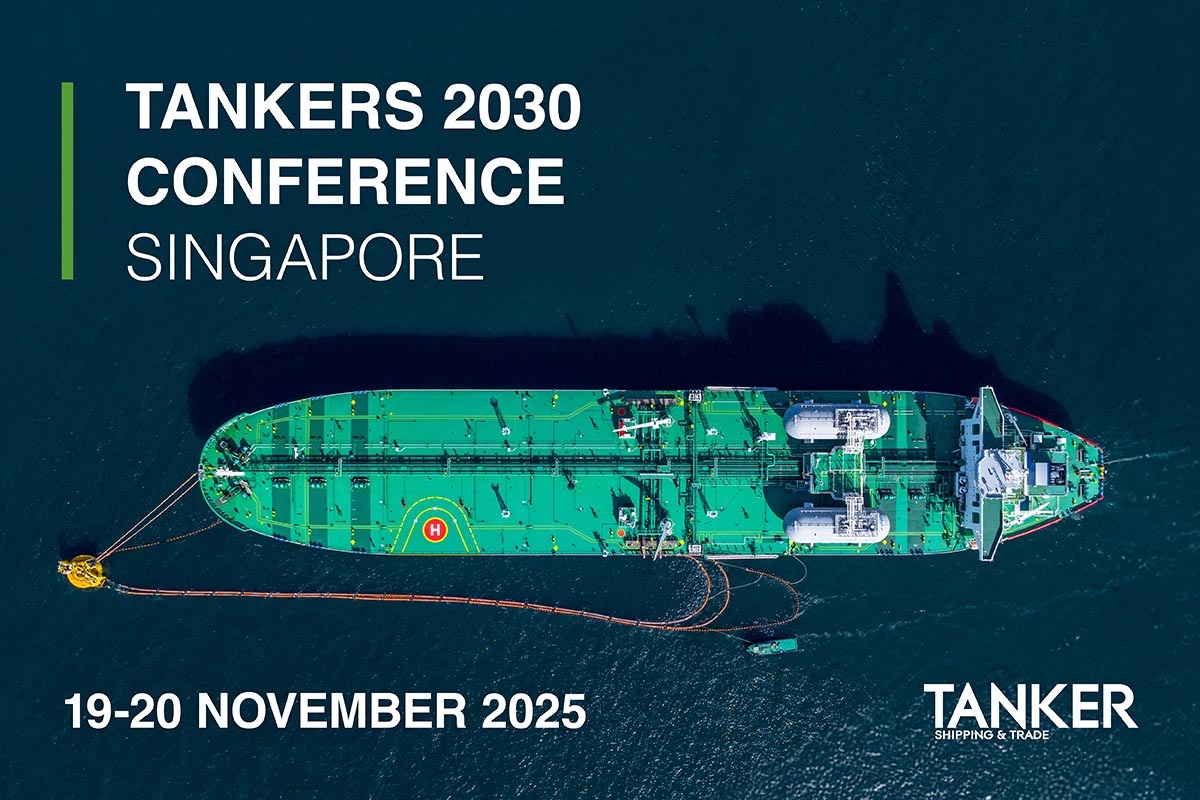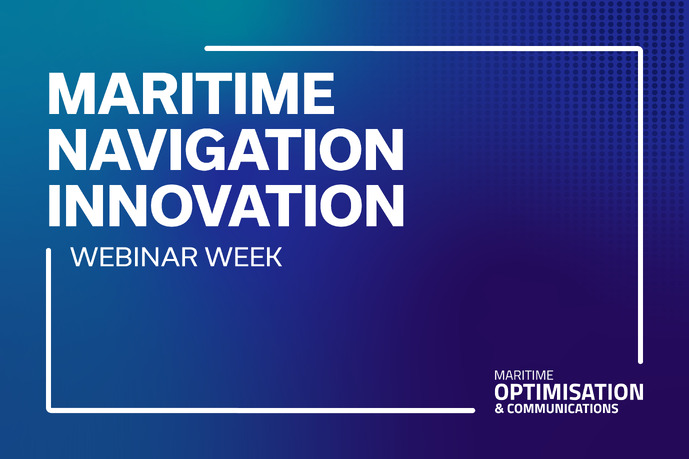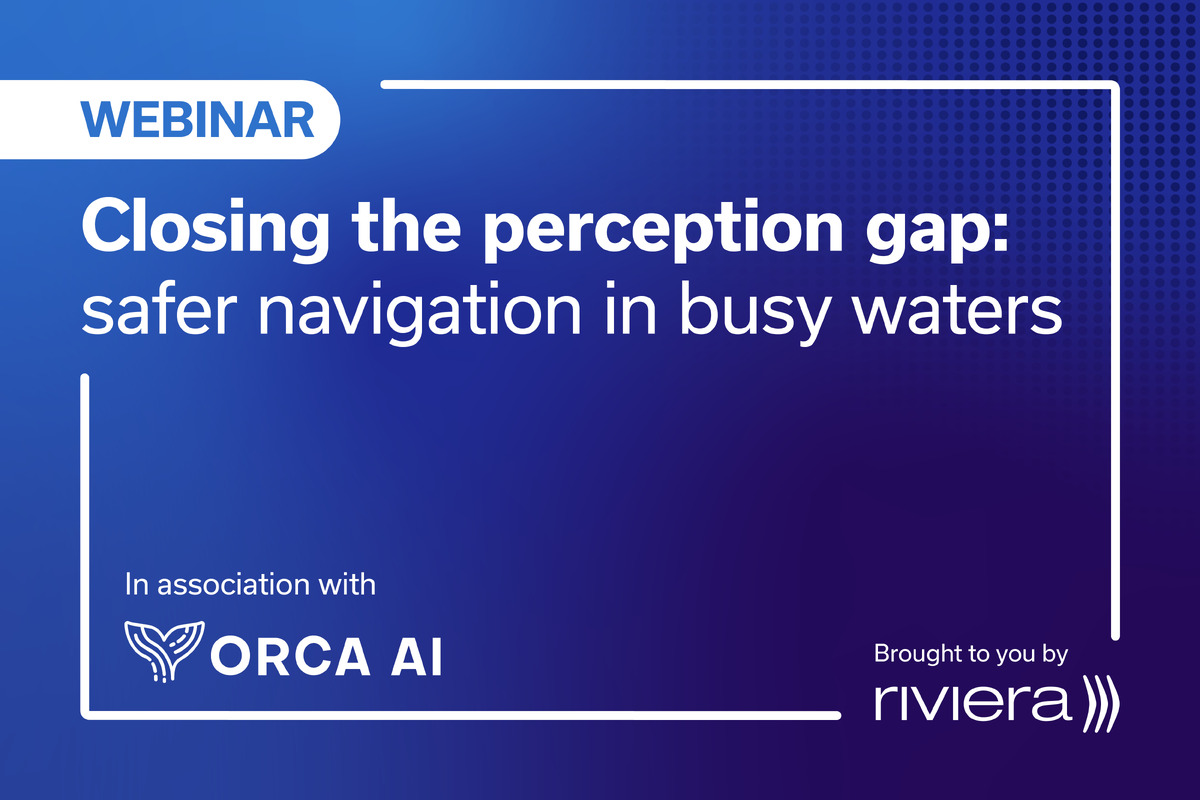Business Sectors
Contents
How tanker owners are using environmental compliance as a commercial tool
EU ETS and FuelEU Maritime pushed tanker operators to treat regulatory readiness as a core commercial strategy, reshaping fuel choices and pooling decisions
Compliance with EU Emissions Trading System (EU ETS) rules and FuelEU Maritime requirements has shifted from box-ticking to a core element of commercial strategy for tanker operators.
Early preparation around these regimes is closely tied to maintaining their competitive position.
Ahead of his contribution to the Tanker 2030 conference in Singapore, Bureau Veritas Marine & Offshore global market leader for tankers Robert Elliot described how operators had to make informed choices on fuel sourcing and pooling, alongside carefully managing operational performance.
He set out two main pathways for owners: securing access to sustainable fuels, which offers greater control and relative stability, or joining pooling agreements that provide flexibility but depend on robust contracts to manage price volatility.
Mr Elliot noted the best balance between these approaches depends on a vessel’s trading profile and fuel options, including access to alternative energy sources, and the ability to anticipate and model these factors had become a commercial capability rather than a narrow compliance task.
Bureau Veritas Marine & Offshore’s VeriSTAR Green platform enables operators to analyse emissions and compliance scenarios to optimise fleet performance against EU ETS and FuelEU Maritime parameters.
Its advisory branch reviews balances during the year so shipowners could verify compliance status and plan ahead, while the OptiCARBON decision platform helps them optimise energy performance and forecast emissions costs.
Pooling under FuelEU Maritime was presented as a way to ease pressure, allowing shipowners to share surplus benefits from low-carbon activities with partners lacking access to low-carbon alternative fuels, while managing emissions tracking and related certification and reporting collectively.
Mr Elliot highlighted the one-month window after March 2026 for declaring pooling arrangements in the Thetis MRV database, and stressed the importance of the price of avoided emissions and the link between a fuel’s carbon intensity and its cost.
He pointed to biomethane from bio-based sources as having potential to deliver cost-effective compliance and tradeable surpluses, while for owners without access to such fuels, pooling could offer a pragmatic route, provided agreements were secured in advance.
Operational measures were presented as the first area where owners could act. Mr Elliot noted that small efficiency gains through voyage optimisation and close performance monitoring could deliver measurable emissions and cost reductions while longer-term fuel strategies developed.
He cited the Blue Visby Solution, developed with the Blue Visby Consortium, which addresses the longstanding practice of sail-fast-then-wait by co-ordinating arrival times and optimising speeds across participating vessels so they could cut fuel consumption and lower emissions without major capital expenditure.
Looking ahead to 2030, Mr Elliot noted, "By 2030, ’commercially good’ will mean being prepared, informed and adaptive by understanding the regulations, assigning responsibility, and implementing fleet performance plans that balance total cost of ownership, ESG alignment and fuel flexibility."
Riviera’s Tankers 2030 Conference, Singapore will be held 19-20 November 2025. Use this link for more information and to register for the event.
Related to this Story
Events
International Bulk Shipping Conference 2025
Tankers 2030 Conference
Maritime Navigation Innovation Webinar Week
© 2024 Riviera Maritime Media Ltd.

